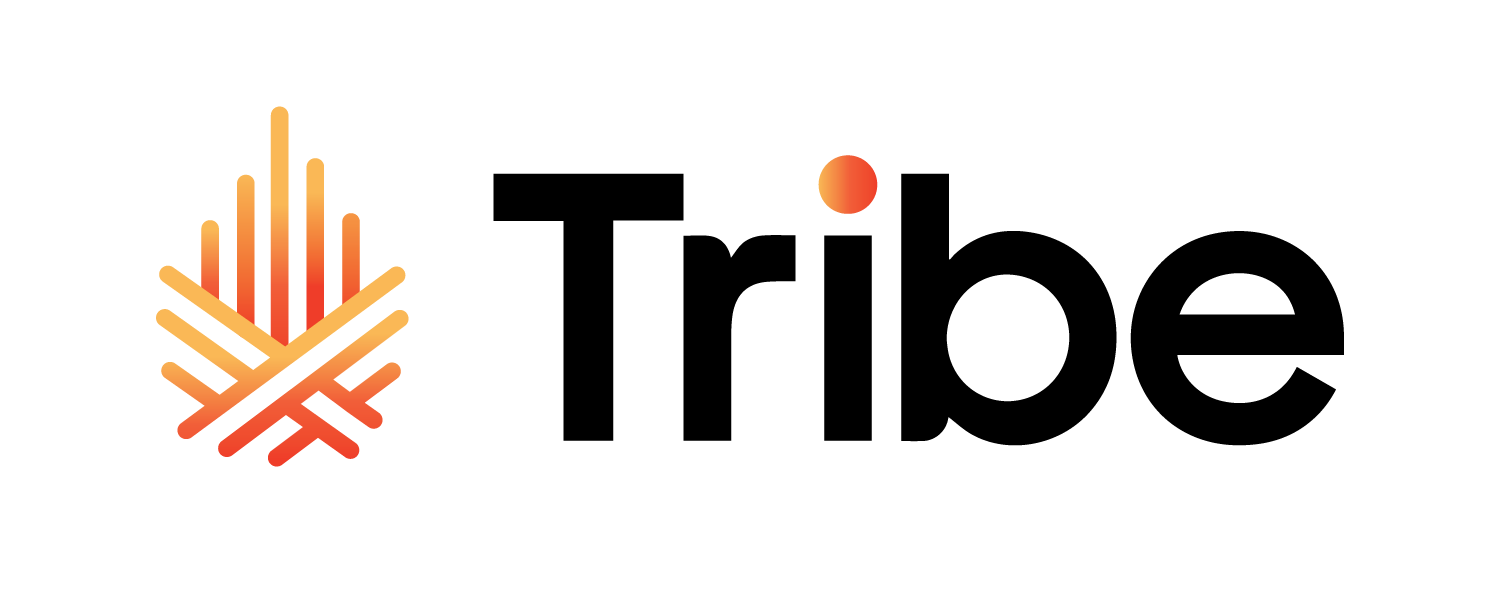Reflections on our Responsibility to Truth and Reconciliation

We call upon the federal government, in collaboration with Aboriginal peoples, to establish, as a statutory holiday, a National Day for Truth and Reconciliation to honour Survivors, their families, and communities, and ensure that public commemoration of the history and legacy of residential schools remains a vital component of the reconciliation process.
Truth and Reconciliation Commission of Canada: Calls to Action #80 Tweet
The National Day for Truth and Reconciliation, recognized every year on September 30th, was established in 2021 by the Government of Canada in response to the Truth and Reconciliation Commissions’s Call to Action #80. The day is dedicated to honouring the children who never returned home from residential schools and the survivors of these institutions, along with their families and communities.
The day coincides with what has more recently been known as Orange Shirt Day, which was established by author and residential school survivor Phyllis Webstad. September 30th was chosen because it is the time of year in which children were taken from their homes to residential schools, and because it is an opportunity to set the stage for anti-racism policies for the coming school year.
Read Phyllis’ story in her own words.
September 30th serves not only as a poignant reminder of the painful history of residential schools in Canada and the ongoing intergenerational impacts they have had on Indigenous peoples, but also reaffirms that those impacted by residential schools matter—every child matters.
Our CEO and founder, Alfred Burgesson, shared some of his reflections ahead of the National Day for Truth and Reconciliation.
What is my relationship to the history of this land and its caretakers?
My family immigrated from Accra, Ghana, to Cape Breton (Unama’kik) in 2004. I was a child when we settled in Canada (Turtle Island), and I remember being surrounded by several First Nations communities. As a teenager playing basketball, I had a chance to build relationships with some of my peers in the Paqtnkek community. However, it wasn’t until I was in my early 20s that I had a chance to learn and connect with the history of Indigenous peoples.

These experiences and others I’ve had have influenced my desire to respect and honour the contributions of Indigenous peoples and their way of life.
What does truth and reconciliation mean to me?
Truth and Reconciliation to me means we must seek to understand the historical and ongoing injustices faced by Indigenous peoples due to colonization, particularly the legacy of the residential school system, and we must seek to create opportunities to address the harms that were inflicted on Indigenous relations.

What is Tribe’s responsibility to advancing work toward truth and reconciliation?
Tribe Network’s mandate is to support a community of racialized entrepreneurs and innovators, including Indigenous people. I believe our our responsibility in this context is to create opportunities for Indigenous people to start, build and accelerate their businesses so that they can thrive and live a good quality of life.



